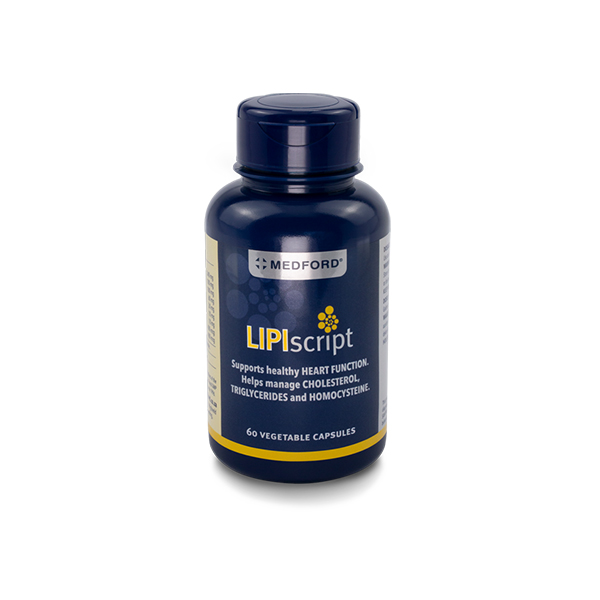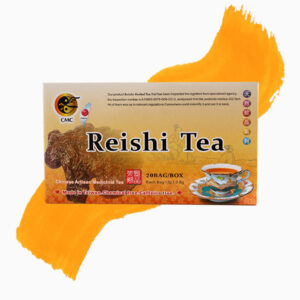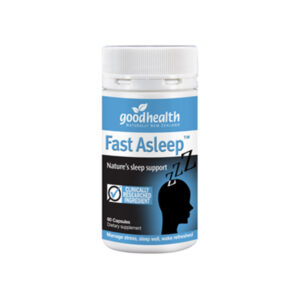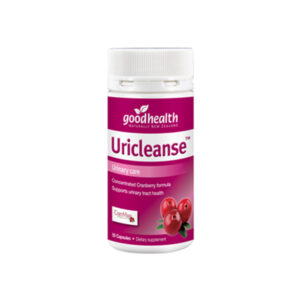Indications:
- Supports healthy cholesterol levels.
- Improves HDL (good cholesterol) levels.
- Assists in lowering high LDL levels.
- Management of healthy homocysteine levels.
- May reduce elevated lipoprotein (a).
- May reduce elevated triglycerides levels.
- Cardiovascular support.
More than just cholesterol management
Policosanol is well recognised for its use in supporting healthy cholesterol levels already within the normal range. Policosanol seems to lower cholesterol by inhibiting the synthesis of cholesterol in the liver and increasing the breakdown of low-density lipoprotein (LDL), sometimes called “bad” cholesterol.
Additionally, policosanol may increase high-density lipoprotein (HDL), or “good” cholesterol, and inhibit the oxidation of LDL cholesterol. It also lowers homocysteine levels which will have an overall beneficial effect in patients with chronic cardiovascular inflammation.
Inositol hexanicotinate decreases triglyceride synthesis. Decreased triglyceride synthesis decreases the secretion of very-low-density lipoprotein (VLDL) and LDL cholesterol. It also inhibits the removal of HDL cholesterol. All this helps to decrease the cholesterol level and improve the level of desirable fat, namely HDL.
Reduced exogenous absorption of cholesterol
Guggulipid contains ketonic steroid compounds, guggulsterones, which account for its lipid-lowering action. Guggulsterones significantly lower serum triglycerides, LDL and VLDL cholesterol and raise levels of HDL cholesterol. Guggulipid may also inhibit the synthesis of cholesterol in the liver and seems to have an antioxidant effect on lipids. It also seems to reduce the production of bile which in turn reduces the reabsorption of cholesterol.
Beta sitosterol is a plant sterol, found to reduce blood levels of cholesterol by blocking its absorption. Similar in structure to cholesterol, it is able to displace cholesterol from micelles in the small intestines, which then inhibits cholesterol absorption.
Antioxidant support for healthy arteries
The active constituents of turmeric are the curcuminoids, which include the polyphenol curcumin. Curcumin inhibits levels of inflammatory markers associated with cardiovascular disease, including C-reactive protein (CRP). It has been found to scavenge free radicals and increase levels of glutathione and superoxide dismutase (SOD) in the body. The curcumin content of turmeric may lower serum cholesterol levels and help to prevent and treat atherosclerosis. Turmeric may also inhibit abnormal blood clotting by inhibiting platelet aggregation and by lowering elevated fibrinogen levels.
Healthy homocysteine levels due to teamwork
Policosanol needs reinforcements: Folic acid for its major role in intracellular metabolism, while vitamin B6 is required for amino acid metabolism. It is converted to coenzyme pyridoxal phosphate, which is necessary for a wide variety of metabolic reactions.
Vitamin B12 is an essential vitamin required for normal folate utilisation and vitamin C is essential to humans and can only be obtained from dietary sources. It has a role in several physiological functions, however plays an important antioxidant role in cardiovascular health.
LipiScript by Medford is designed to provide nutritional support for cardiovascular health and to assist in maintaining healthy cholesterol levels.
